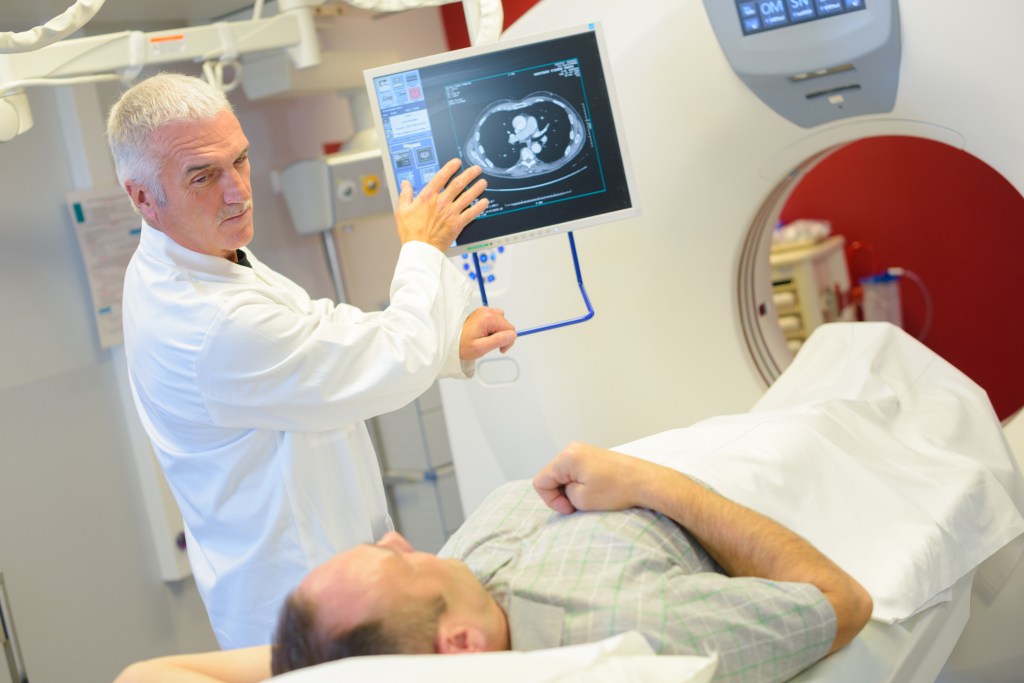Masturbation can lower prostate cancer risk: doctor
Your health is in your hands when it comes to cancer prevention, according to an expert.
Dr. Daniel Kelly, a senior lecturer in biochemistry at Sheffield Hallam University, wrote an article in the Conversation in which he explained why men who masturbate frequently might keep prostate cancer at bay. Prostate cancer is the second leading cause of cancer death in American men behind lung cancer, according to the American Cancer Society.
The prostate is a gland that is part of a male’s reproductive system. The prostate adds fluid to semen and also helps push semen through men’s urethra when they orgasm.
Kelly shared various studies to show how masturbation could help men master their health.
A study from Harvard University found that men who ejaculated 21 times per month, either from masturbation or sexual intercourse, were 31% less likely to get prostate cancer than men who only ejaculated four to seven times per month.
He also said that seven out of the 11 studies done over the last 33 years all found that ejaculation lessened prostate cancer risk. A review of those studies was published in Clinical Genitourinary Cancer earlier this year.
Kelly said that while researchers don’t know exactly why masturbation is so healthy, he has some theories.
“Although the mechanisms are not completely understood, these studies fit with the idea that ejaculation can reduce prostate cancer by decreasing the concentration of toxins and crystal-like structures that can accumulate in the prostate and potentially cause tumors,” he wrote in the Conversation.
“Similarly, ejaculation may alter the immune response within the prostate reducing inflammation – a known risk factor for cancer development – or by increasing immune defense against tumor cells,” he added.
Kelly said masturbating also releases tension, thereby calming the nervous system and preventing prostate cells from diving quickly and becoming cancerous.
He also noted that there may be a link between low testosterone and a heightened risk of prostate cancer.
Men with lower testosterone typically have less sexual drive. He said men with higher testosterone may have more drive to masturbate or have sex, thereby lowering their risk.
“There are benefits of sexual activity and ejaculation beyond the prostate including positive effects on the heart, brain, immune system, sleep and mood,” Kelly said.
“So while the link between ejaculation frequency and prostate cancer is not fully understood and there is a real need for more research, frequent ejaculation (within reason) will certainly do no harm, probably does good and should therefore form part of a man’s healthy lifestyle,” he added.













